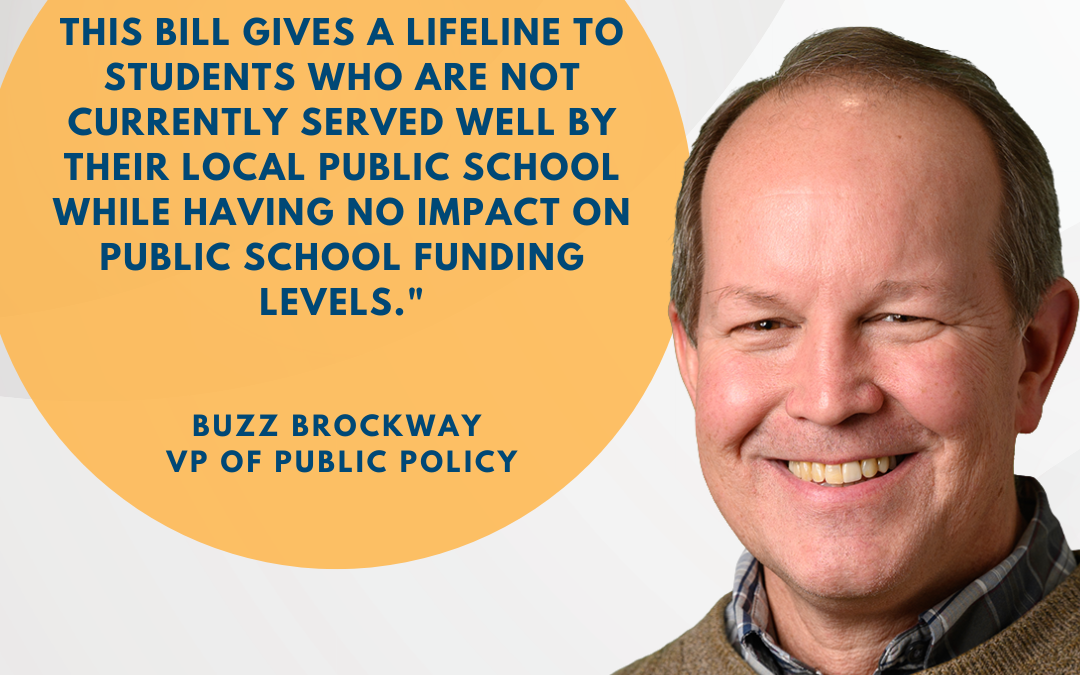
Georgia is one of the top states for economic freedom

Georgia is one of the top states for economic freedom
Key Points
- Georgia continues to be one of the most business friendly states.
- Georgia did not impose strict lockdowns during the pandemic.
- We believe that when the government refrains from heavy-handed intervention in the economy, everything from community life to poverty rates, job opportunities, upward mobility, and life expectancy will keep getting better.
Georgia is one of the most economically free states in the entire country, and that means more opportunity for our residents. That’s according to a new report from the Fraser Institute that tracks economic freedom in North America.
It’s clear that people across the country are realizing what a great place Georgia is to work and raise a family. According to Census.gov, Georgia is also among the top 10 most populous states in the U.S., and our population grew during the COVID-19 pandemic. We believe that our economic freedom is directly tied to this influx of new Georgia residents who moved into the state between 2021 and 2022.
The Fraser Institute report backs this statement. In the report, five out of the top 10 states for economic freedom are also in the top 10 list for population growth. Conversely, virtually all the states (roughly 17) losing population over the last few years are among the worst states in the nation for economic freedom.
“The truth is, the economic results Georgia has enjoyed over the past few years translate into our people’s wellbeing.”
“The truth is, the economic results Georgia has enjoyed over the past few years translate into our people’s wellbeing.”
A closer look at Georgia’s economic freedoms
Relative to other states in the U.S., Georgia has a low tax burden. This includes income tax and business taxes. Georgia also has a relatively low regulation on businesses and sole proprietors.
Georgia’s economic freedoms were already in place before the COVID-19 pandemic, but they became more apparent during the 2020 lockdowns. The Fraser Institute’s study covered the first five months of COVID restrictions in North America, and it showed that many of Georgia’s economic improvements were the direct result of the lack of tight restrictions in our state.
During 2020, Georgia didn’t impose widespread lockdowns or restrictions. We lifted those restrictions as quickly and reasonably as we could, given the situation. Without the burden of long-term, severe economic restrictions and COVID-related mandates, we gave people and businesses room to grow.
The good life, with room to grow
The truth is, the economic results Georgia has enjoyed over the past few years translate into our people’s wellbeing. Our economic freedoms here directly impact the daily lives of people from all backgrounds. By virtue of the state government’s low level of intervention, our communities are positioned to continually improve over time.
While economic freedom may not be experienced the same way by all (because the poor in a free state may not — and likely do not — feel very free), economic freedom generally means that even the poor benefit. That’s because, in free economies, there’s more charitable giving, more organizations who can help, and more job opportunities to help someone escape poverty for good.
Here at Georgia Center for Opportunity, we believe that when the government refrains from heavy-handed intervention in the economy, everything from community life to poverty rates, job opportunities, upward mobility, and life expectancy will keep getting better. We’ll draw people here who want to share in and enjoy those economic opportunities. And together, we can continue working toward creating a brighter future for our state and the people who live here.








